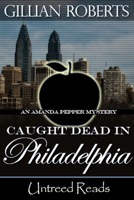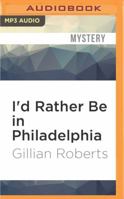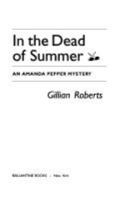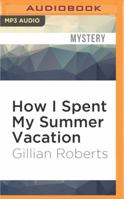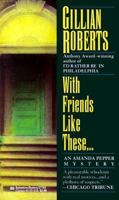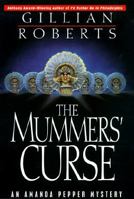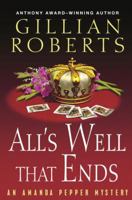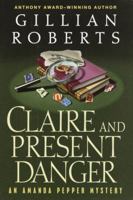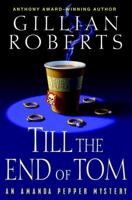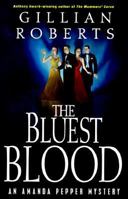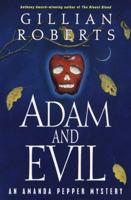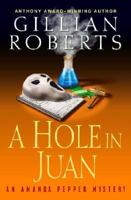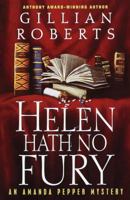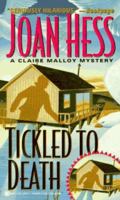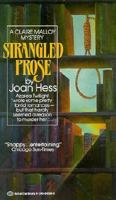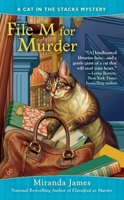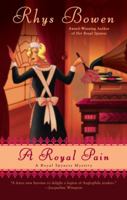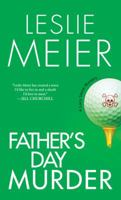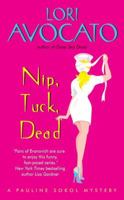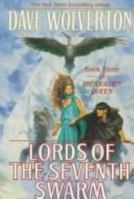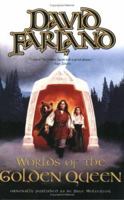You Might Also Enjoy
Book Overview
Related Subjects
Contemporary Criticism & Theory Fiction History & Criticism Literary Literature & FictionCustomer Reviews
Rated 4 starsPhilly Stakes
Even if the mystery itself were not so well-crafted, Roberts' prose would have kept me hooked throughout this book. Add to that her obvious understanding of, and compassion for, the teenage condition, and the book is a clear winner. I'd have given it five stars, but for the fact that I guessed who the villain was half-way through the book (though not the true identity or family connection), and I hate it when that happens...
0Report
Rated 5 starsI love this series, and this is a great addition to it.
Amanda Pepper, the detective in this series, teaches English at Philly Prep to a bunch of underachievers from Philadelphia's wealthier families. One of the students in her class (Laura) seems very talented, although she says nothing in class, but one essay ends in a rather disturbing paragraph that alarms Amanda. Not long afterwards, someone in this student's family dies in a fire -- and since the student had been involved...
0Report
Rated 5 starsSasha Provides A Welcome Contrast
Detective MacKenzie is still in Amanda's life but more in the background in this episode. Amanda's wacky friend Sasha Berg provides a welcome contrast to the stolid policeman. PHILLY STAKES is one of the stronger entries in the very entertaining Amanda Pepper series.
0Report
Rated 5 starsA Wonderful Read !
This is the second book of Gillian Roberts in the Amanda Pepper series. After the first book I was hooked! Amanda is simply so wonderful ... a caring clever school teacher. Her real plus above every other female mystery paragon is her WONDERFUL humour! I was so thrilled to see this turn into series. I enjoyed the the "unmarried_ still" dialogue with her mother... the conflict with her boyfriend and ofcorse the way...
0Report













